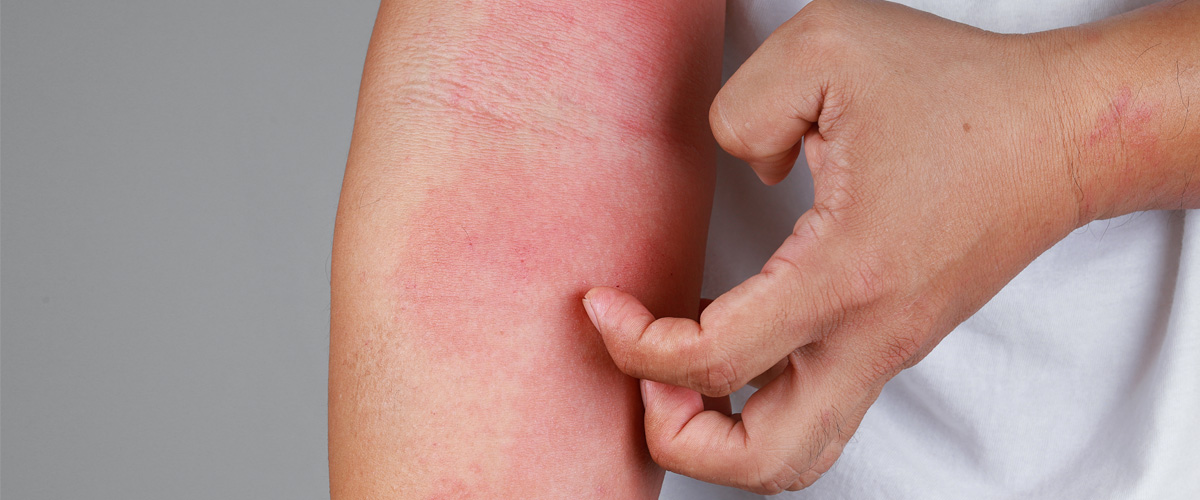Eczema, also known as atopic dermatitis, is a common skin condition characterised by red, itchy, and inflamed skin patches. It is estimated that 15-20% of children and 1-3% of adults are affected by eczema1. While itch is the most well-known symptom of eczema, many patients also experience a stinging sensation. But why does eczema sting?
-
QV Dermcare Eczema Daily Wash With Ceramides
3 ReviewsQV Dermcare Eczema Daily Wash With Ceramides
3 ReviewsSoap-free body wash, clinically tested for the symptomatic relief of mild to moderate eczema1.
-
QV Dermcare Sting-Free Ointment With Ceramides
14 ReviewsQV Dermcare Sting-Free Ointment With Ceramides
14 ReviewsA Ceramide enriched sting-free ointment that helps support the skin barrier. Soothes cracked, dry skin.
-
QV Feet Heel Balm
4 ReviewsQV Feet Heel Balm
4 ReviewsContains a highly moisturising base that enables softening of the skin and intensive rehydration. QV Feet Heel Balm also promotes the turnover of tough skin to reveal new younger skin that is softer and more supple.


